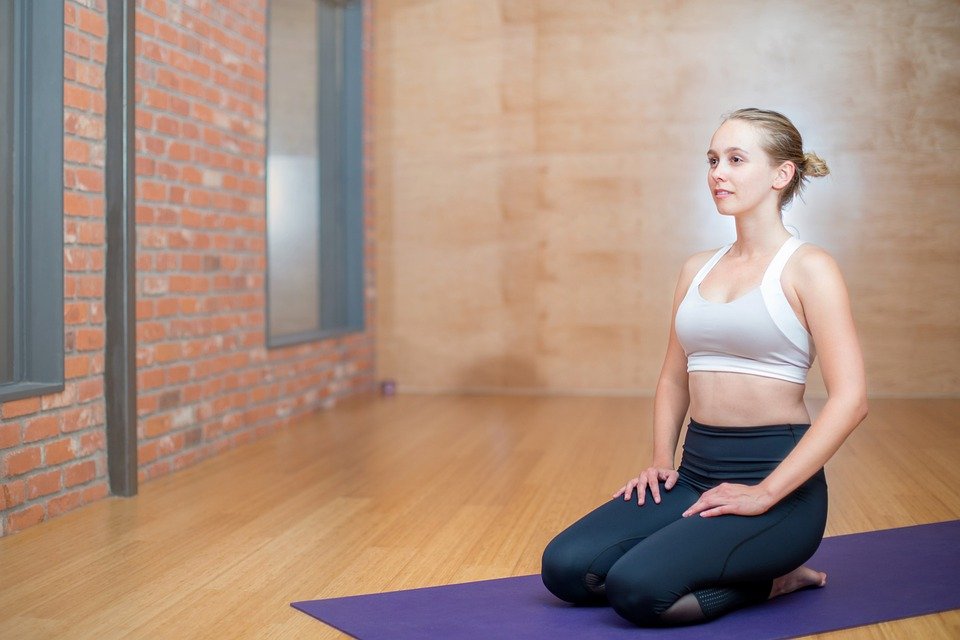The Mental Health Benefits of Pilates: Reducing Stress and Anxiety
In today’s fast-paced world, stress and anxiety have become common issues that many people face on a daily basis. This can have a significant impact on mental health and overall well-being. While there are various ways to alleviate these symptoms, one effective method that is gaining popularity is Pilates. Originally developed by Joseph Pilates in the early 20th century, Pilates is a form of exercise that focuses on strength, flexibility, and body awareness. In addition to its physical benefits, Pilates has been found to have numerous mental health benefits, particularly in reducing stress and anxiety.
1. Mind-Body Connection
One of the main principles of Pilates is the mind-body connection. Unlike other forms of exercise, Pilates emphasizes the importance of being fully present and aware of every movement. This mindfulness allows individuals to let go of stressors and worries, focusing solely on their bodies and the present moment. By redirecting their attention away from stress and anxiety, practitioners can experience a sense of calm and relaxation.
2. Controlled Breathing
Pilates incorporates specific breathing techniques that promote relaxation and reduce stress. Deep, controlled breathing helps activate the parasympathetic nervous system, which is responsible for the body’s rest-and-digest response. This response counters the fight-or-flight response associated with stress and anxiety, allowing individuals to feel more at ease. By integrating deep breathing into their Pilates routine, individuals can effectively manage their stress levels and experience a greater sense of mental well-being.
3. Improved Sleep
Stress and anxiety can often disrupt sleep patterns, leading to insomnia or poor sleep quality. Regular Pilates practice has been linked to improved sleep patterns, allowing individuals to achieve a more restful and rejuvenating sleep. By engaging in physical activity and reducing stress levels, Pilates can help individuals unwind and promote a healthier sleep routine, leading to improved mental health.
4. Increased Endorphin Release
Pilates, like any form of exercise, stimulates the release of endorphins. Endorphins are neurotransmitters that act as natural painkillers and mood boosters. They are known to create a sense of euphoria and well-being. By engaging in Pilates regularly, individuals can experience a natural high and a reduction in stress and anxiety levels. This release of endorphins can have a long-lasting impact on mental health and overall happiness.
5. Social Interaction and Support
Participating in Pilates classes can provide a sense of community and support. Engaging with others who share similar goals and struggles can be an empowering experience. This social interaction can help individuals combat feelings of isolation and build strong support networks. Having a support system in place is crucial for managing stress and anxiety, as it provides a sense of belonging and encourages open communication.
FAQs:
Q: Can Pilates be a substitute for therapy or medication in treating mental health issues?
A: While Pilates can be beneficial for mental health, it should not replace therapy or medication for individuals with diagnosed mental health conditions. It can, however, be a complementary practice to support overall well-being.
Q: Can beginners with no prior exercise experience practice Pilates?
A: Absolutely! Pilates is suitable for individuals of all fitness levels. Beginners can start with basic movements and gradually progress as they build strength and flexibility.
Q: How often should one practice Pilates to experience its mental health benefits?
A: Consistency is key. Practicing Pilates two to three times a week can yield noticeable mental health benefits. However, even one session per week can have positive effects.
Q: Can Pilates worsen anxiety symptoms for some individuals?
A: In general, Pilates is a low-impact exercise that promotes relaxation and stress reduction. However, it’s essential to listen to your body and modify movements as needed. If any exercise exacerbates anxiety symptoms, it’s important to consult with a healthcare professional.
In conclusion, Pilates is not only beneficial for physical health but also has significant mental health advantages. By fostering a mind-body connection, incorporating controlled breathing, improving sleep patterns, releasing endorphins, and promoting social interaction, Pilates can be a valuable tool in reducing stress and anxiety. It is important to remember that while Pilates can contribute to overall well-being, it should not be considered a substitute for professional mental health treatment when necessary.


